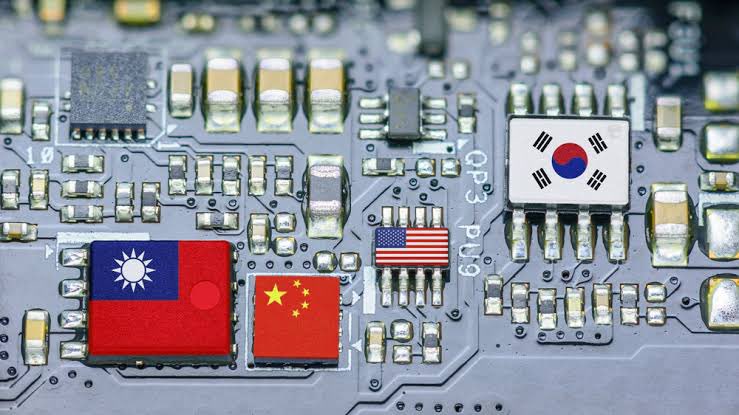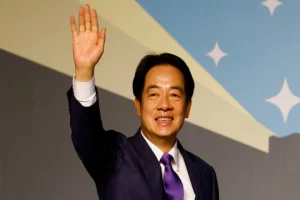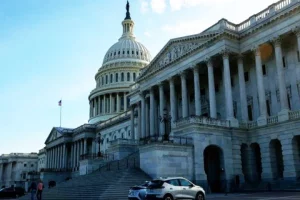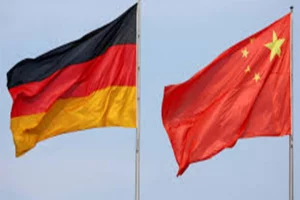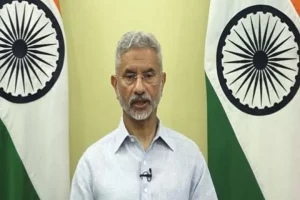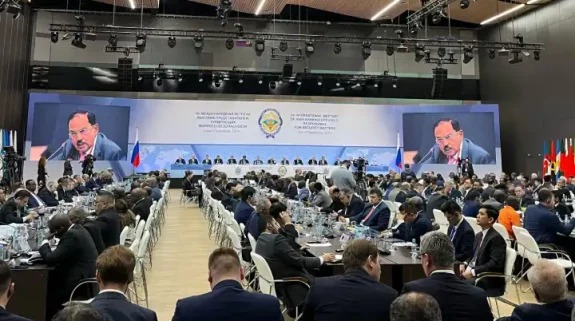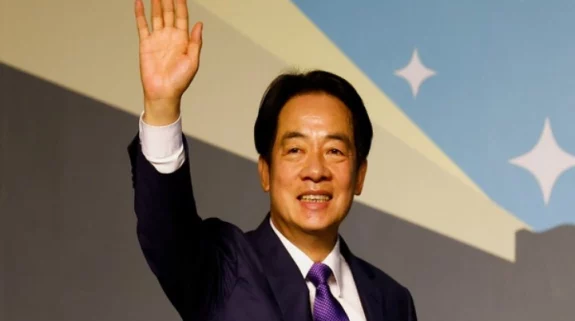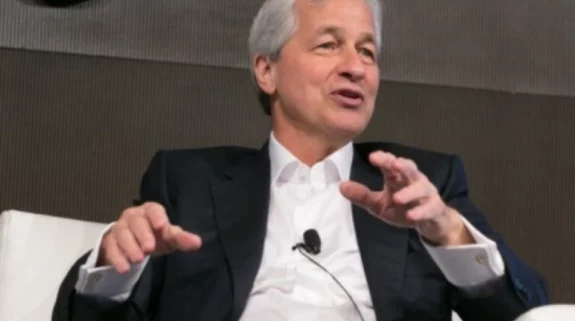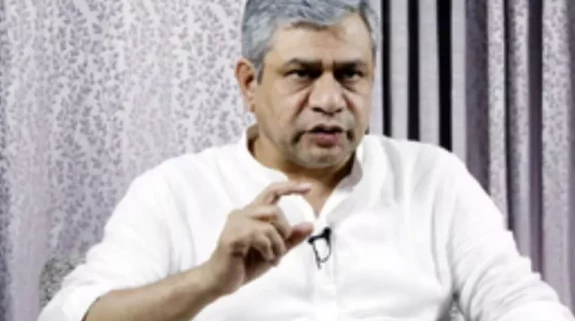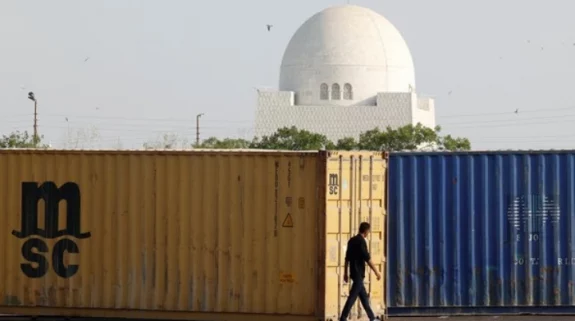There are signs that the economic ties between Taiwan and China have started to decouple as Taiwanese trade and investment are exiting the mainland rapidly amidst growing geopolitical tensions between the US and Beijing over the Taiwan issue. The growth rate of Taiwanese exports of electronic products to China and Hong Kong has decelerated from 24 per cent in 2020 and 2021 to 11 per cent in 2022.
Taiwanese investment in China fell by over 50 per cent from 2018 to 2019 alone. The timing strongly indicates that changing US trade policies toward China played a significant role. According to recent statistics from the Investment Review Commission of the Ministry of Economic Affairs of the Republic of China, new Taiwan’s investment in the mainland declined by 10.40 per cent in the first quarter of this year to USD758 million. That follows an almost 14 per cent decrease in such investment last year. Taiwanese companies are cutting their exposure to China just as they ramp up investment in other parts of the world.
Taiwanese companies, traditionally among the biggest investors in China, have been reducing new capital expenditure in the world’s second-largest economy over the past decade. The slowdown has accelerated since former US president Donald Trump began pushing US companies to decouple from China, a policy continued mainly by the administration of US President Joe Biden. In addition to the slowdown in new money, Taiwanese firms pulled a record amount of profit out of China last year, Chinese-language media reported.
Taiwanese-listed companies repatriated USD3.72 billion of investment income from China last year, the Investment Review Commission stated. The paring back of cross-strait investment comes as China has ratcheted up the political, military, and economic pressure on Taiwan since the 2016 election of President Tsai Ing-wen. China responded to Tsai’s stopover in California early this month, during which she met with US House of Representatives Speaker Kevin McCarthy with military drills around Taiwan. Beijing officials have been keen to reverse the trend of Taiwanese firms exiting China.
Wang Huning, the No. 4 official in the Chinese Communist Party, promised greater efforts to persuade Taiwanese businesses to invest in China and to help them integrate into the Chinese economy. Slowing investment in China stands in contrast to a rapid increase in Taiwanese investment elsewhere. Total Taiwanese overseas investment, excluding China, surged 240 per cent to USD 6.9 billion in the first quarter, the Investment Commission data showed, with half of that due to a USD 3.5 billion investment by Taiwan Semiconductor Manufacturing Co in a plant in Arizona. Investment in Southeast Asia also almost doubled as companies sought alternative production bases outside China.
Regarding Chinese investment in Taiwan, the number of approved mainland investments in Taiwan from January to March 2023 was 8, a decrease of 38.46 per cent from the same period of the previous year – an increase of 74.77 per cent over the same period last year. Since 2009, when Chinese capitals were allowed to invest in Taiwan, a total of 1,564 mainland capitals have been approved to invest in Taiwan, and the approved investment (increased) amount is USD 2.578 billion.
According to Taiwan’s Investment Commission, Taiwanese investment in China has plummeted from USD 9 billion in 2017 to just USD 1.7 billion in 2022. Consequently, China’s importance in Taiwan’s total outward foreign direct investment has diminished, whereas other countries’ weight has increased.






